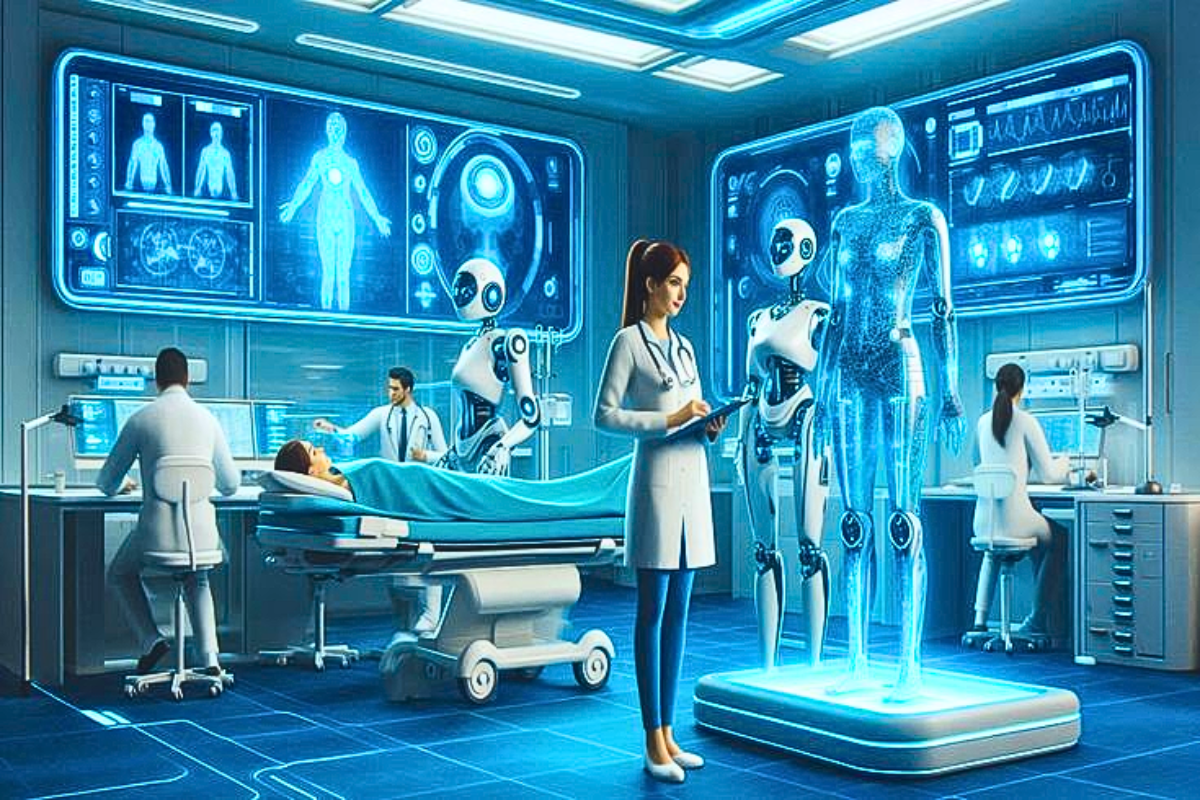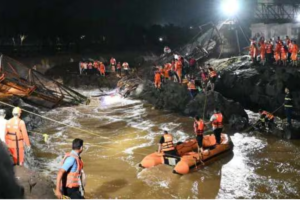AI ‘Co-Pilot’ Now Assisting Doctors with Faster Lung Disease Diagnosis at NHS Hospital
A major hospital in West Yorkshire has started using artificial intelligence (AI) to help doctors diagnose lung problems like cancer and infections more quickly. The new system is being tested at Leeds Teaching Hospitals NHS Trust and is already showing promising results.
The AI tool is designed to support healthcare staff by quickly analyzing chest X-rays, one of the most common medical scans. According to the hospital, they carry out more than 135,000 chest X-rays every year, and reviewing all of them quickly can be a big challenge.
The AI functions as an assistant, working alongside doctors rather than replacing them. It highlights anything unusual in the X-rays, such as signs of lung cancer, infections, fluid buildup, or other health issues. It can identify up to 85 different findings within just a few minutes. This helps doctors prioritize urgent cases and avoid delays in treatment.
Dr. Fahmid Chowdhury, a senior radiologist and clinical lead of the project, explained that this technology can make a big difference. “If an abnormal X-ray is flagged early, the patient can get the treatment they need faster,” he said. “Even when the scan shows no problems, it gives both the doctor and the patient peace of mind.”
He also shared a real example from the pilot program: “There was one case where the abnormality wasn’t immediately noticed, but the AI flagged it instantly. That helped us act quickly.”
The project is part of the larger Yorkshire Imaging Collaborative, which connects multiple hospitals in the region to improve medical imaging services. It is also supported by the NHS AI Diagnostic Fund, which has invested £21 million into similar projects across the UK to boost innovation and efficiency in healthcare.
Although AI is showing great potential, Dr. Chowdhury emphasized that it’s not replacing doctors. “AI is meant to support, not replace. Think of it as an extra pair of eyes that helps doctors make quicker and more accurate decisions.” But the final call will always be made by a trained medical professional,” he said.
As healthcare continues to adopt advanced technology, tools like this AI “co-pilot” could play a key role in improving how fast patients are diagnosed and treated, especially in busy hospitals with high demand.
This is just the beginning. If successful, this system could be expanded to help detect other conditions in different parts of the body, making AI an even more valuable part of everyday medical care.
The integration of AI into cancer diagnostics is transforming how medical professionals detect, evaluate, and manage the disease. Traditionally, cancer diagnosis has relied heavily on manual reviews of imaging scans, biopsies, and lab reports—a process that is not only time-consuming but also prone to human error due to fatigue or limited experience. By introducing AI assistants into this workflow, healthcare providers can now benefit from faster and more accurate analysis of complex medical data.
These AI systems use deep learning algorithms trained on thousands—sometimes millions—of medical images and patient records. As a result, they are capable of identifying subtle patterns and abnormalities that may be overlooked by even the most experienced radiologists or pathologists. For instance, in detecting early-stage breast cancer, AI can highlight suspicious areas on mammograms within seconds, allowing doctors to focus their attention where it matters most.
Another advantage of AI in cancer detection is its ability to reduce diagnostic delays. In many regions, especially those with limited medical staff, patients wait weeks or even months for results. AI tools can dramatically shorten this timeline by automating parts of the screening process, prioritizing high-risk cases, and supporting triage decisions.
Moreover, AI assistants aren’t meant to replace doctors but to act as co-pilots in diagnosis. They offer second opinions, flag anomalies, and provide confidence scores that help doctors make more informed decisions. This collaborative approach ensures that the final call always rests with the human expert, but with greater support and precision.
As research continues and datasets grow, these systems will only get smarter. Eventually, AI may also be used to personalize cancer screenings based on genetic data, lifestyle factors, and medical history, taking us one step closer to truly individualized healthcare.
The deployment of AI in cancer detection marks a significant milestone in modern medicine—one that combines technology, empathy, and expertise to save lives more efficiently.



